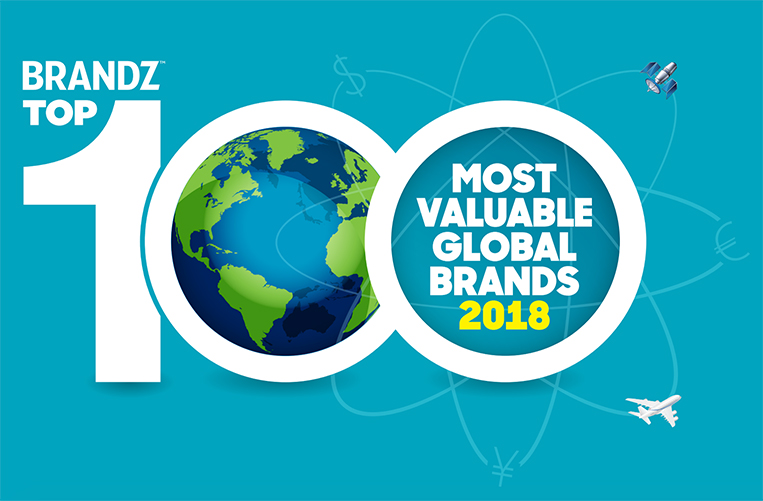
The most important asset of any company—believe it or not—is not its manufacturing facility or R&D center or sprawling headquarters. A commercial organization’s most prized possession is its brand, or the public image that makes consumers want to buy its products or avail of its services. The more positive people’s perception of a brand is, the higher it can command in terms of pricing and market positioning.
To understand the concept, think of Apple and how it can charge so much more for gadgets that are essentially the same as—if not inferior to—those of less esteemed rivals. How customers regard and respect a brand is largely dependent on said brand’s past performance and all the feel-good vibes that it transmits. Safe to say a restaurant chain that has been plagued by complaints about bad food has a weak brand, while one that has enjoyed generally favorable reviews has a strong trademark. You cringe when you see the former’s logo; you salivate when you encounter the latter’s badge.
So all of this public perception translates into what is called “brand value.” This value soars after a series of exceptional products, and it dives when the company is embroiled in a scandal. Now, how do we calculate each company’s brand value? Thankfully, we don’t have to, because the market research firm Millward Brown already has an annual report called the “BrandZ Top 100 Most Valuable Global Brands.”
Brand value refers to this combination of market-driven factors that determine whether a company has the ability to convince its customers to pay a premium for its products and services
For 2018, the top 10 global brands are Google, Apple, Amazon, Microsoft, Tencent, Facebook, Visa, McDonald’s, Alibaba Group and AT&T. Obviously, there are no automakers in this elite circle. In fact, only five car companies made it to the top 100 this year:
- Toyota – No. 36 ($29,987,000,000)
- Mercedes-Benz – No. 46 ($25,684,000,000)
- BMW – No. 47 ($25,624,000,000)
- Ford – No. 96 ($12,742,000,000)
- Honda – No. 97 ($12,695,000,000)
To be perfectly clear, we hope you’re not confusing brand value with actual worth. A smaller company with less fiscal resources may have a higher brand value than a larger firm with more cash in the bank. Brand value refers to this almost magical combination of market-driven factors that determine whether a company has the ability to convince its customers to willingly pay a premium for its products and services. It’s like the sum of prestige, desirability and trustworthiness. That said, it seems pretty clear that Toyota is by far the most valuable automotive brand in the world.
Here is the 2018 brand-value ranking of the top 10 car manufacturers, in case you’re curious:
1. Toyota – $29,987,000,000
2. Mercedes-Benz – $25,684,000,000
3. BMW – $25,624,000,000
4. Ford – $12,742,000,000
5. Honda – $12,695,000,000
6. Nissan – $11,425,000,000
7. Audi – $9,630,000,000
8. Tesla – $9,415,000,000
9. Maruti Suzuki – $6,375,000,000
10. Volkswagen – $5,986,000,000
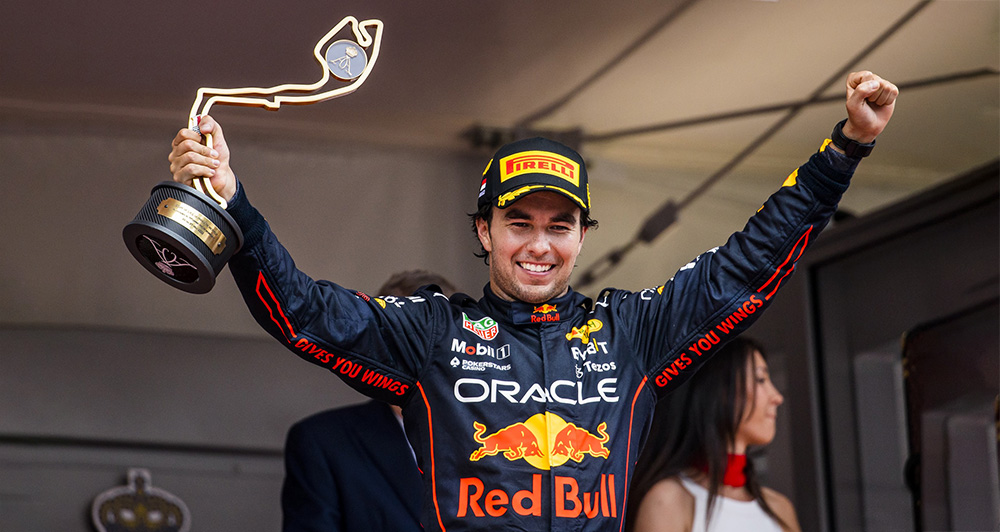

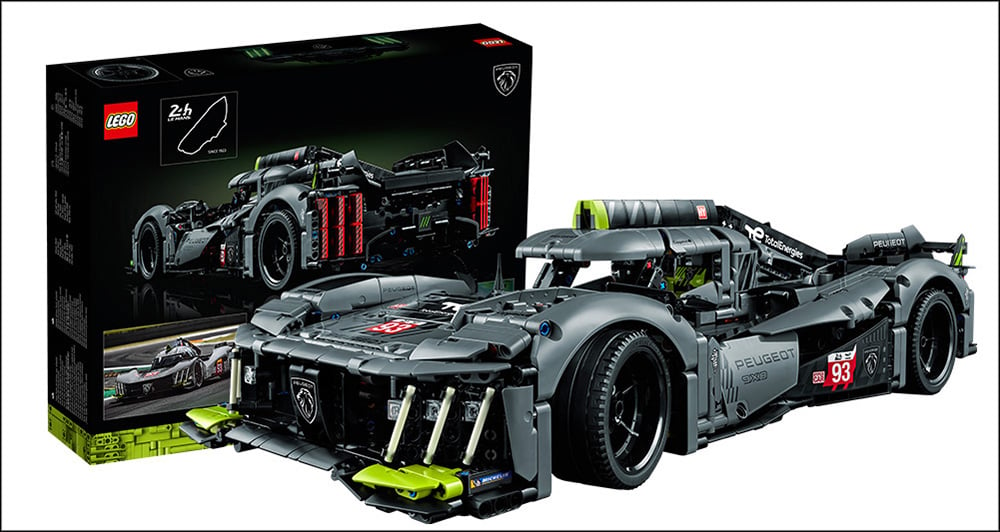
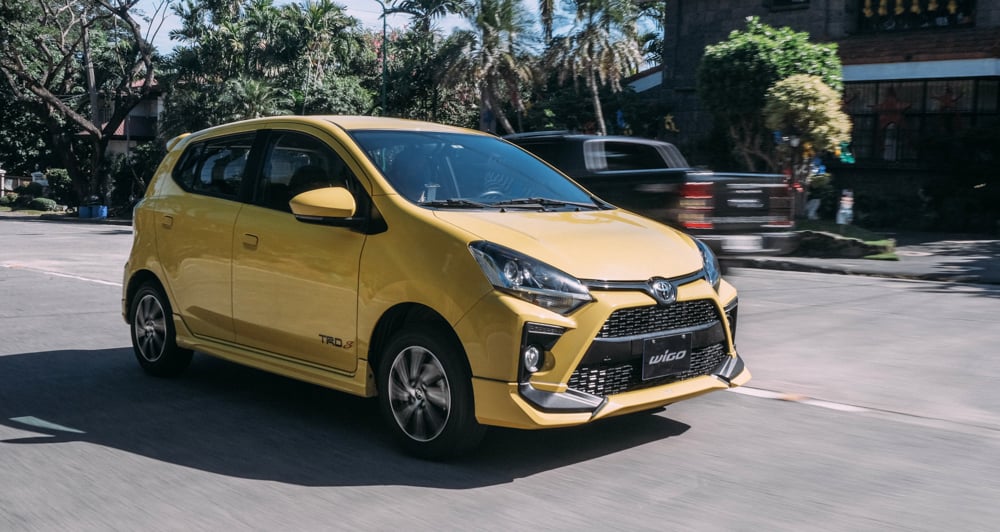

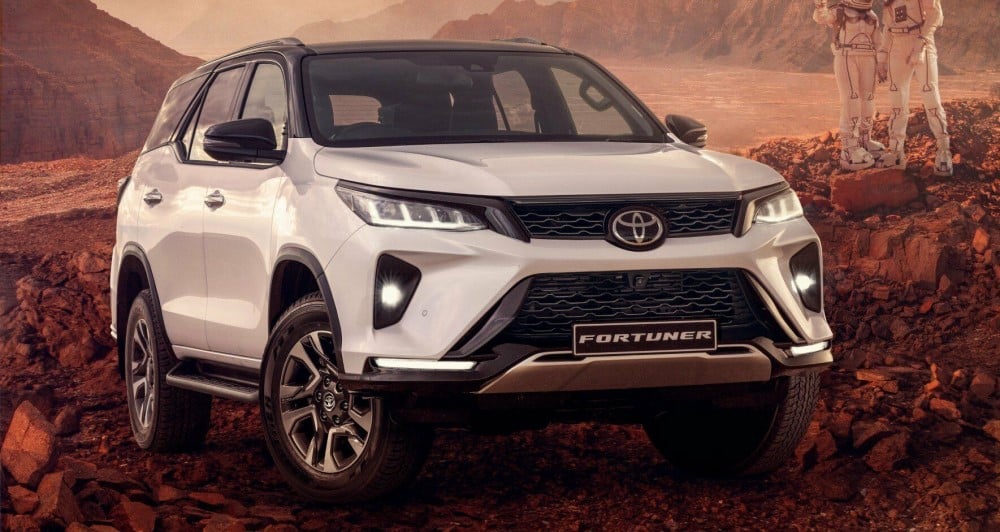
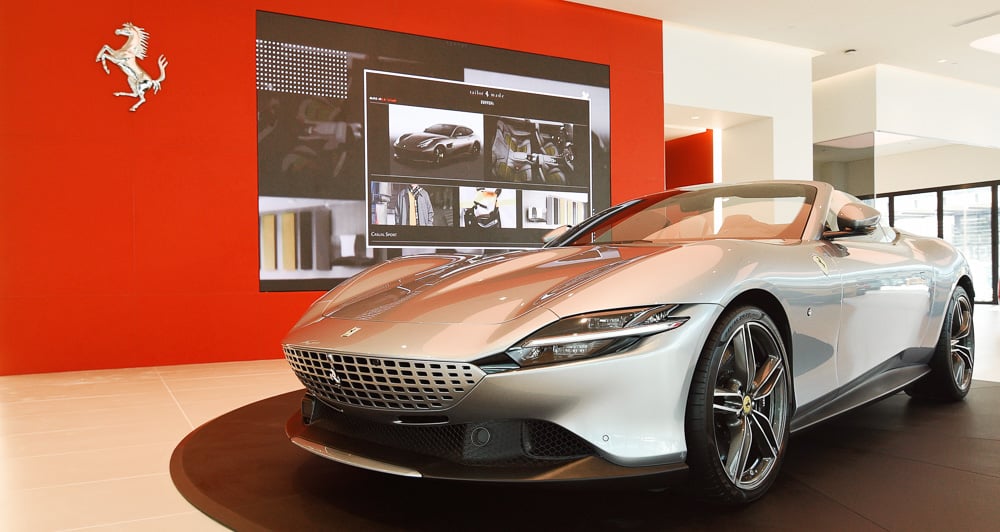
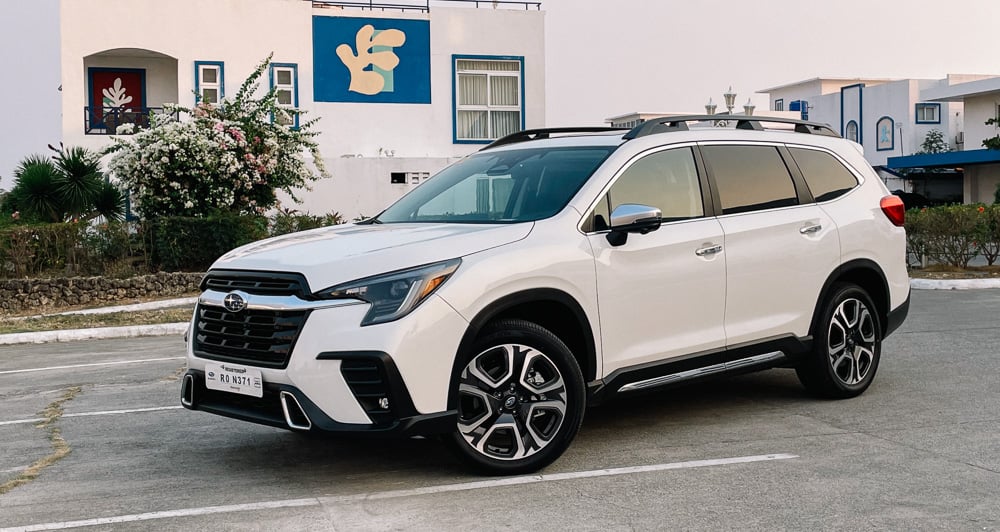

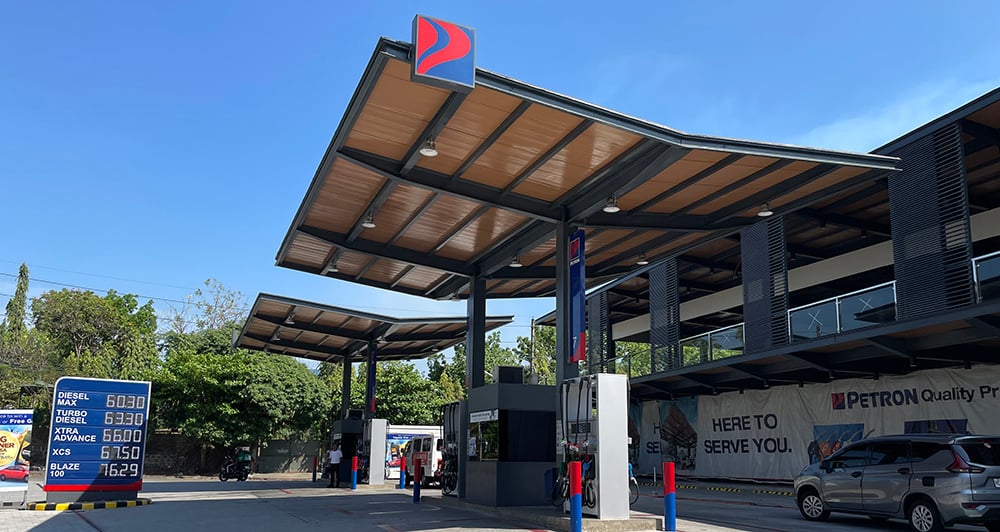
Comments